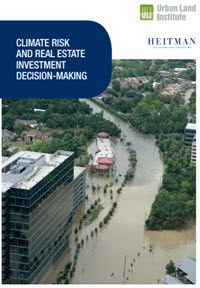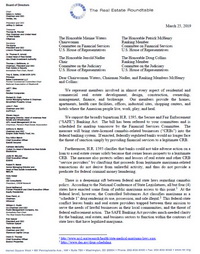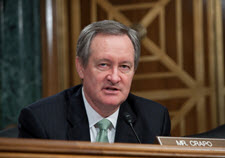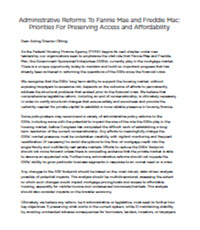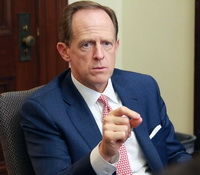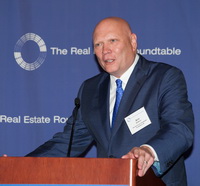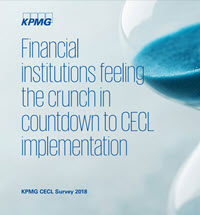A pair of bills working their way through Congress could allow financial institutions to provide legal cannabis companies with banking services and resolve federal-state laws governing cannabis.
 |
|
State-by-State Cannabis Policies — interactive map from National Cannabis Industry Association. |
- Congressman Earl Blumenauer (D-OR), founder and co-chair of the Congressional Cannabis Caucus, said that the House will soon vote on the SAFE Act – a bill allowing banks to work with marijuana businesses in certain states. (The Hill, April 19)
- The House Financial Services Committee on March 27 approved the Secure and Fair Enforcement (SAFE) Banking Act of 20119 (H.R. 1595). The bipartisan bill, approved by a 45-15 vote, was co-sponsored Reps. Ed Perlmutter (D-CO), Denny Heck (D-WA), Steve Stivers (R-OH) and Warren Davidson (R-OH).
- The Real Estate Roundtable in March sent a letter urging swift enactment of the bill to the leadership of the Financial Services and Judiciary Committees. Roundtable President and CEO Jeffrey DeBoer noted in the letter, “The SAFE Banking Act provides much-needed clarity for the banking, real estate, and business sectors to function within the contours of state laws that have legalized marijuana.” (Roundtable Weekly, March 29)
 |
|
As the SAFE and STATES Acts move the cannabis issue forward in Congress, prospects for passing marijuana-related bills in the Senate remains uncertain. (Fortune, April 19) |
- Blumenauer and Rep. David Joyce (D-OH) on April 4 also reintroduced the Strengthening the Tenth Amendment Through Entrusting States Act (STATES Act) in the House, which would ensure that each state has the right to determine for itself the best approach to cannabis within its borders. (H.R. 2093)
- According to a summary of the bill, 47 states have laws permitting marijuana or marijuana-based products. Washington D.C., Puerto Rico, Guam, and a number of tribal nations have similar laws. Last year, Michigan, Missouri, Oklahoma, Utah, and Vermont all expanded legal marijuana.
- In the Senate, the STATES Act (S. 1028) was reintroduced by Sens. Cory Gardner (R-CO) and Elizabeth Warren (D-MA) to resolve the federal-state conflict over cannabis laws. (U.S. News & World Report, April 4 and Roundtable Weekly, April 12)
As the SAFE and STATES Acts move the cannabis issue forward in Congress, prospects for passing marijuana-related bills in the Senate remains uncertain. (Fortune, April 19)
